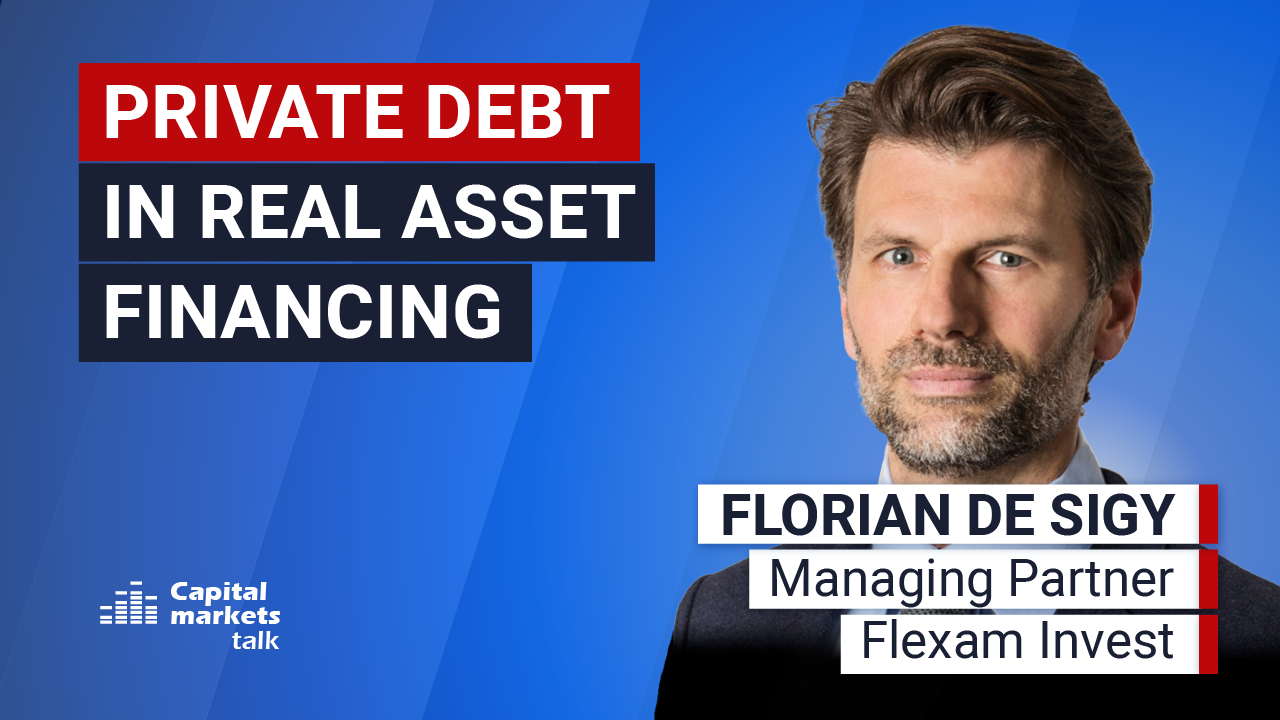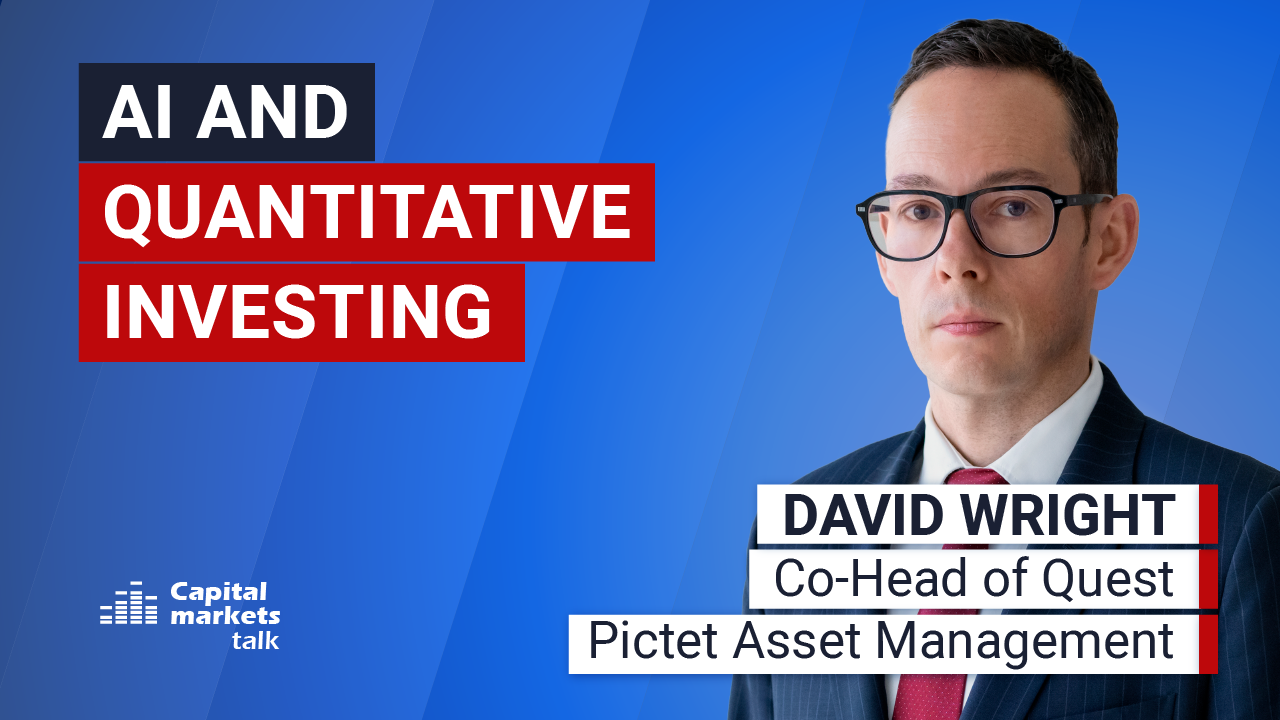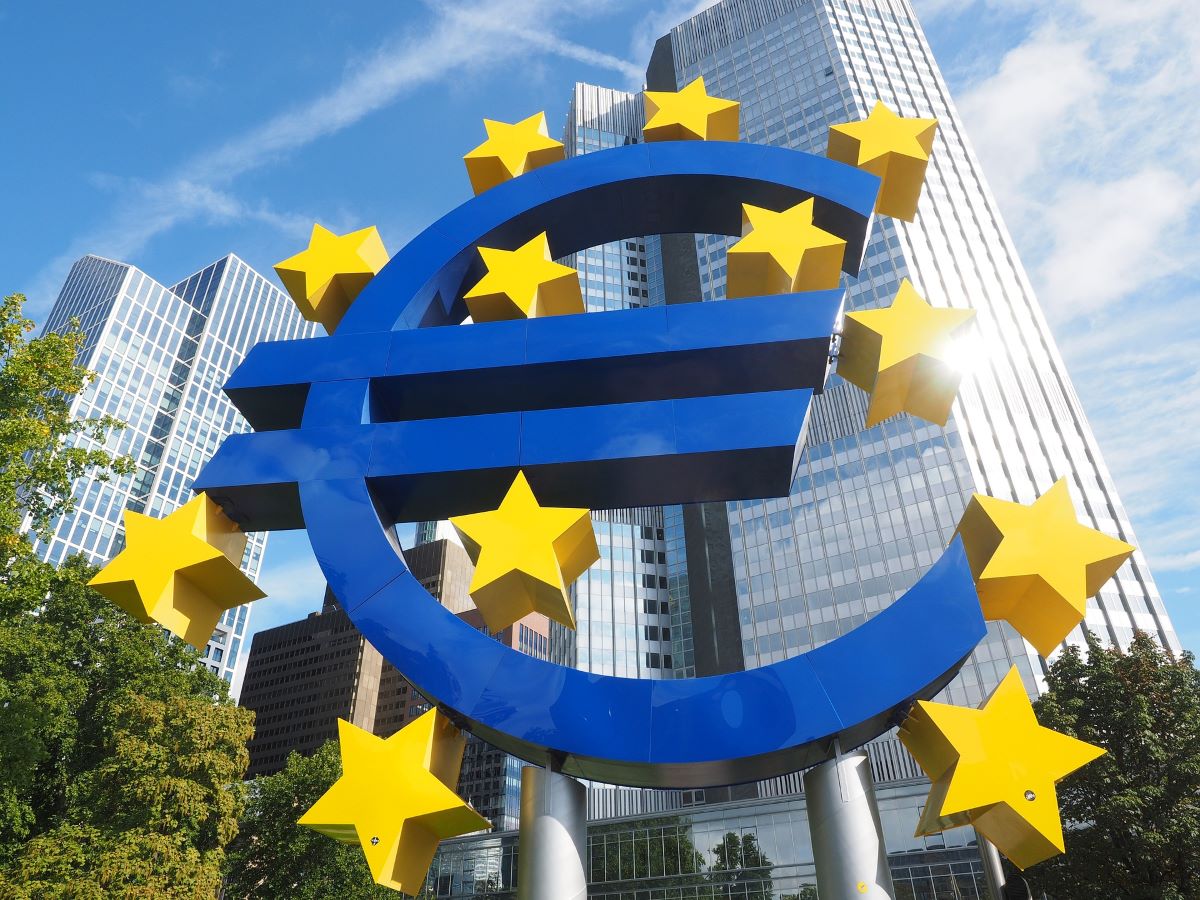For the first time in 15 months, the European Central Bank’s (ECB) decided to leave interest rates unchanged. “We have finished with the process of raising interest rates for now…At this moment, we see that inflation is falling, we have a disinflation process…,” Governing Council member and Governor of the Croatian National Bank, Boris Vujčić, told the Croatian state broadcaster HRT1 on Sunday. Investment managers discuss the impact of the decision.
In October 2022, inflation in the Eurozone reached a peak of 10.6% but has since fallen to 4.3% year-on-year in September 2023. “Much of this fall was caused by the impact of higher energy prices last year dropping out of the annual comparison of prices. Inflation is expected to fall further,” writes Azad Zangana, Senior European Economist and Strategist at Schroders. Vujčić also remains confident that inflation in the region will reach the central bank’s target of 2.1% by 2025.
“The monetary watchdogs also emphasise the effects of earlier interest rate hikes, which dampened demand and thus contributed to a decline in inflation. This suggests that the bar for another rate hike is very high,” says Patrick Barbe, Head of European Investment Grade Fixed Income at Neuberger Berman. “The ECB’s statements should lead to a steeper yield curve and support the bond market in the process.”
The ECB’s rate hike pause decision late last week was in line with expectations and ended a streak of 10 consecutive rate hikes. Policy rates this month remained steady, with the deposit rate at 4% and the repo rate at 4.50%. This is in contrast to the ECB’s previous actions, which raised the main rate by 450 basis points over the past 14 months.
The move comes amid the Eurozone exhibiting slow economic momentum in recent times. Generali Investments highlights that in September, key macroeconomic indicators such as the PMIs showed a notable decline, suggesting a contraction in economic activity at the beginning of the fourth quarter of 2023. “And there is a high probability that Q3 growth (flash release on Oct. 31) will be negative,” the asset manager added.
“The economy is likely to remain weak for the remainder of this year. But as inflation falls further, household real incomes recover, and the demand for euro area exports picks up, the economy should strengthen over the coming years,” said Christine Lagarde, the ECB President Christine Lagarde.
Regarding investment considerations, Konstantin Veit, Portfolio Manager specialising in European Rates at PIMCO, speaks about bond yields in the current macroeconomic scenario. He contends that the convergence of stringent monetary policy and the anticipation of expanded supply due to central banks reducing their balance sheets has resulted in higher yields when compared to historical norms and other asset categories.
“We believe European duration looks increasingly attractive, European interest rate swaps should continue to outperform core government bonds, and we expect the back end of interest rate curves to underperform,” adds Veit.
Looking ahead, Gaël Fichan, Senior Portfolio Manager and Head Fixed Income at SYZ Group, asserts that the market foresees the first rate cut occurring in April 2024. “All eyes are now on the upcoming monetary policy decisions from the Fed and the BoJ…,” he adds.
Also, Neuberger Berman suggests that the market expects a cut in key interest rates in the euro area as early as this spring. “The impact of the rate hikes so far will definitely further tighten financing conditions. This will likely further slow down both business activity and the real estate sector. Especially for more indebted companies, the situation will have a negative impact on credit quality,” says Barbe.
Read more

Global Trade
Trump ignites global trade war / Reactions
The USA itself will be the victim of Trump’s trade policy.

Private Debt
The case for private debt in real asset financing
What makes the combination of private debt and real assets particularly compelling in today’s market?

Schroders
Looking ahead: 30-year return forecasts
Higher returns are expected across asset classes, driven by stronger productivity growth for equities and elevated long-term central bank rate projections for bonds.

Quant Investing
AI and quantitative investing
Artificial intelligence applications go way beyond stock selection.

Bellevue Asset Management
Demographics and AI drive MedTech stocks
MedTech investment case: What makes it attractive, which trends stand out?





















